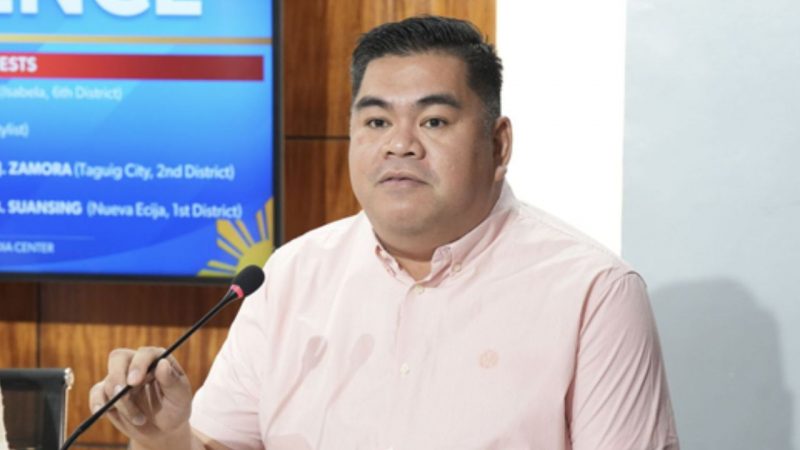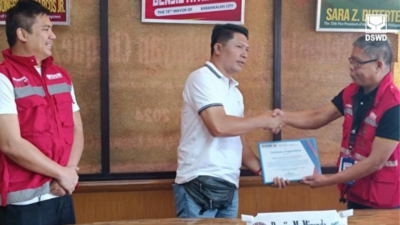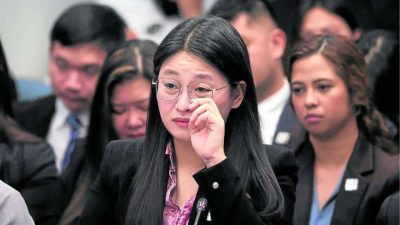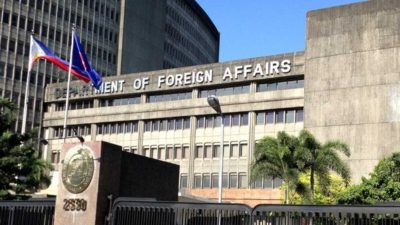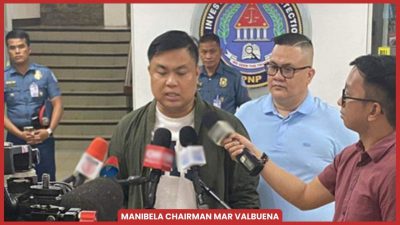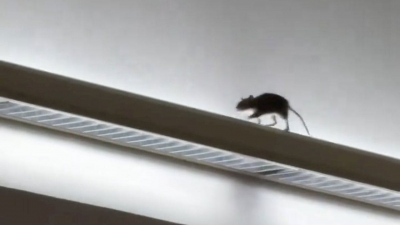By Junex Doronio
MANILA — Tingog Partylist Representative Jude Acidre defended the PhilHealth-DBP-Tingog Memorandum of Agreement (MOA) for the Rural Hospital Financing Program, calling it a vital initiative to address the healthcare needs of underserved communities nationwide.
“This initiative—the PhilHealth-DBP-Tingog Memorandum of Agreement on the Rural Hospital Financing Program—was designed as a lifeline for LGU-owned hospitals in rural areas, where healthcare is often more of a distant hope than a present reality,” Acidre said.
Acidre highlighted the pressing state of the country’s healthcare system, citing a study that shows a significant shortage of hospital beds nationwide. “Let me repeat: currently, we only have one hospital bed for nearly 230,000 Filipinos,” he stressed, underscoring how far the country lags behind the World Health Organization’s (WHO) recommended ratio.
The program, he explained, aims to bridge this gap by providing local government units (LGUs) with the resources to upgrade and develop hospitals in underserved areas. He clarified Tingog’s role in the initiative, refuting allegations of partisanship or misuse of funds. “TINGOG’s role is simple and clear: advocacy and assistance. We don’t handle the funds. We don’t choose which LGUs participate. All we’re doing is lending a hand to LGUs—especially in rural areas—that lack the technical capacity to navigate these processes on their own.”
Acidre further reassured that the program adheres to strict legal and transparency requirements. “The funds are managed by the Development Bank of the Philippines (DBP) and PhilHealth—both government institutions with strict guidelines,” he said. He added that participating LGUs must comply with the Government Procurement Reform Act and existing Commission on Audit (COA) protocols to ensure accountability.
Responding to accusations of politicization, Acidre urged critics to focus on the real struggles faced by rural communities. “When we visit rural areas, we don’t see party affiliations. We see mothers traveling kilometers to reach the nearest hospital. We see children being treated in overcrowded wards. We see doctors and nurses trying their best to save lives with limited resources.”
He emphasized that the program complements the Universal Health Care Act (UHC) by laying the foundation for healthcare access. “Universal healthcare sounds great on paper, but it can’t succeed without the infrastructure to back it up. How can PhilHealth reimburse hospitals if there are no hospitals to begin with? How can we achieve universal healthcare when rural hospitals are severely underfunded, outdated, and unable to serve their communities?”
Acidre also called on Congress to support reforms that will strengthen PhilHealth’s transparency and efficiency, urging critics to shift from accusations to meaningful action. “To those who are quick to accuse: What have you done to address these inequalities? What solutions have you offered? If the answer is nothing, then I invite you to join us and be part of the solution. Let’s work together to bridge the gap and ensure that all Filipinos—especially those in rural areas—can access the healthcare they need and deserve.”
He concluded by reaffirming Tingog Partylist’s dedication to serving the Filipino people. “This isn’t about TINGOG. This isn’t about politics. This is about doing what’s right for the people we serve. No matter what challenges we face, you can count on Tingog Partylist to remain true to our commitment to serve—always listening and always serving!”
ia/mnm

